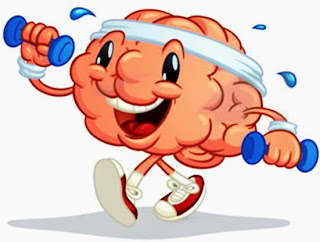Bright students often come to class thinking they must know
all the right answers. What they (and many adults) may not realize is that
thinking is not driven by answers, but by questions. It is the sense of wonder
and curiosity that drives understanding. As the old saying goes…The more you
know, the more you realize you don’t know. The more you learn about a
subject, the more you realize there is to know. Perhaps having students list
thoughtful questions at the conclusion of a unit would be a better determiner
of knowledge gained than taking a test.
Young people learn to develop inquiring minds when they hear
their parents and teachers ask thoughtful questions of themselves and others.
One way to do this is to use Socratic Questioning. Socratic questions help to
- Clarify issues
- Question assumptions
- Justify statements
- Understand the ideas of others
- Imagine consequences
- Relate different issues
Divergent questions are also useful. They usually begin with
words or phrases such as
- Imagine…
- Suppose…
- Predict…
- If…, then…
- How might…
- Can you create…
- What are some possible consequences…
Here is one example of questioning for young children in
kindergarten or first grade after reading and discussing Jack and the
Beanstalk.
Q. What did Jack do when he got to the giant's
castle?"
A. Jack hid from the giant, found the goose that lays
the golden eggs, was discovered by the giant, fled, reached the bottom of the
vine, and then chopped it down. The giant, of course, tumbles down, breaks his
neck, and Jack lives happily ever after with his mother and his newly found
wealth.
Q. Did Jack trespass illegally? (In kindergarten
terms, "Did Jack go into someone's house where he did not belong?")
A. Yes!
Q. Did Jack steal the goose that lays golden
eggs?"
A. Yes!
Q. Did Jack, then, refuse to give back what did not
belong to him?
A. Yes!
Q. Then did Jack escape down the bean vine and cause
the giant to be killed?"
A. Yes!
Q. If Jack trespassed, stole, and murdered the giant,
why is the giant the villain of this story?

